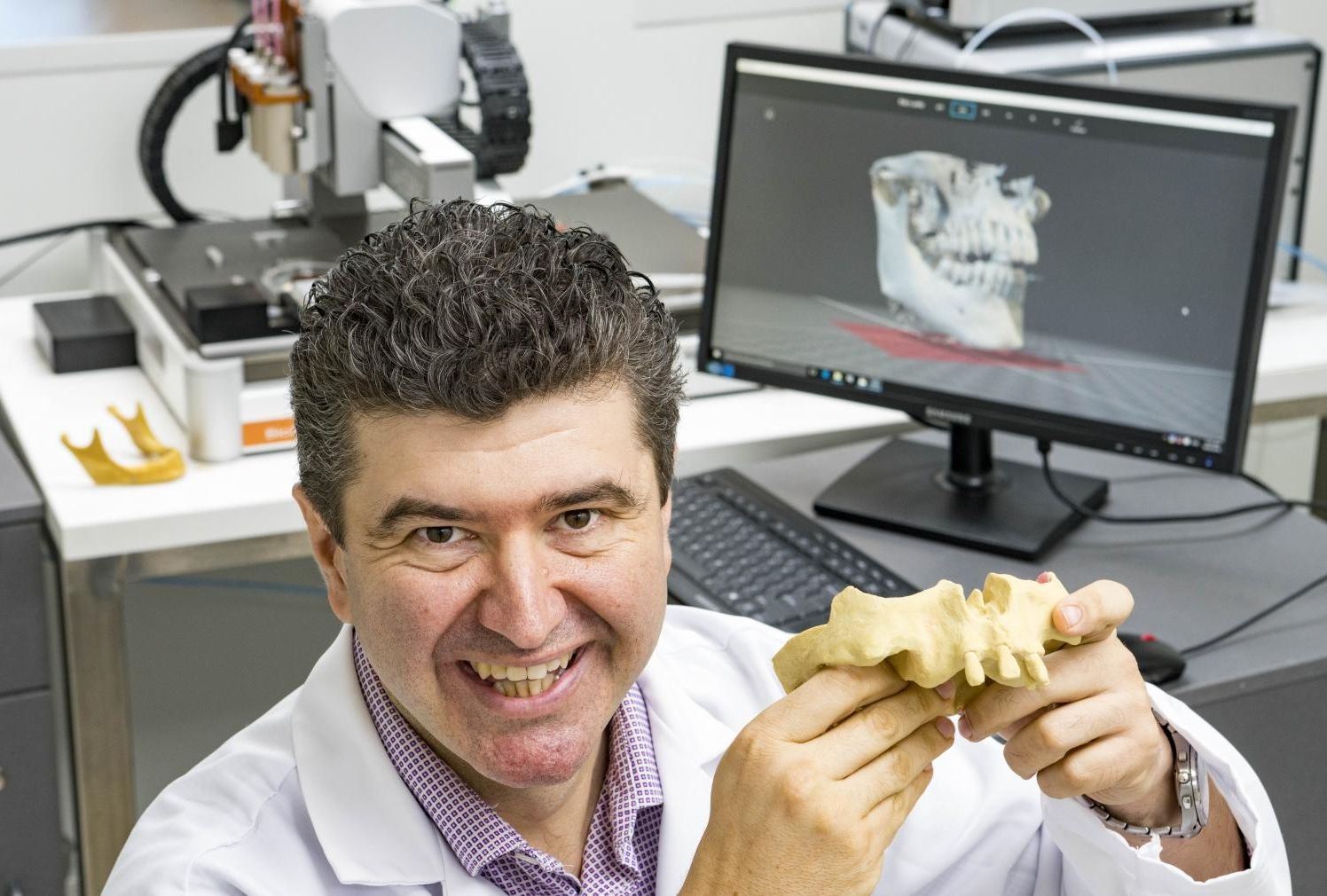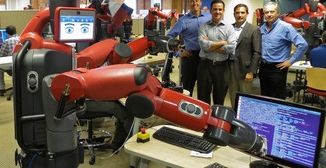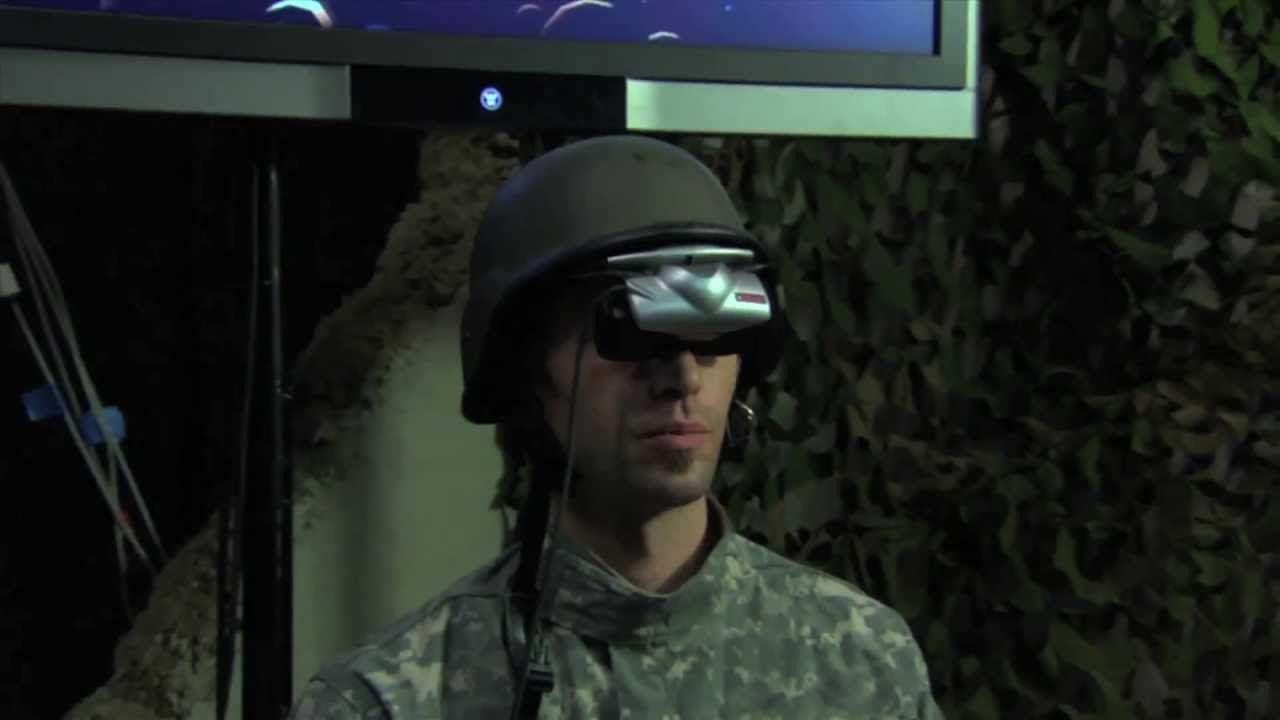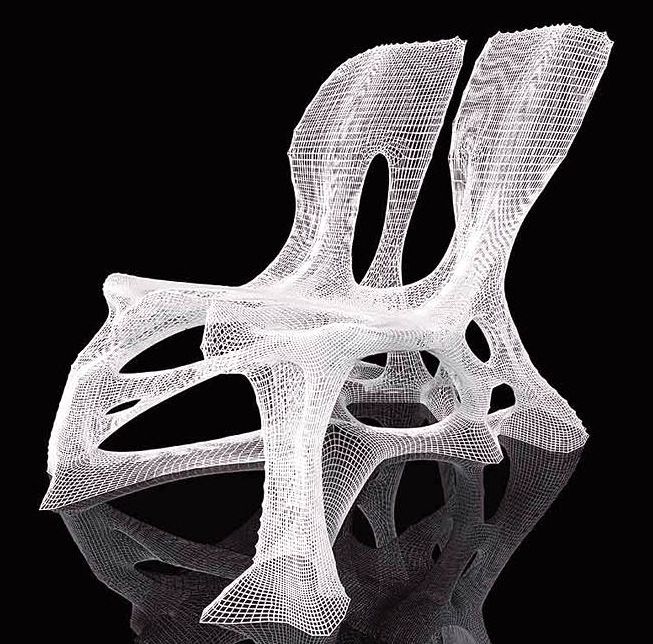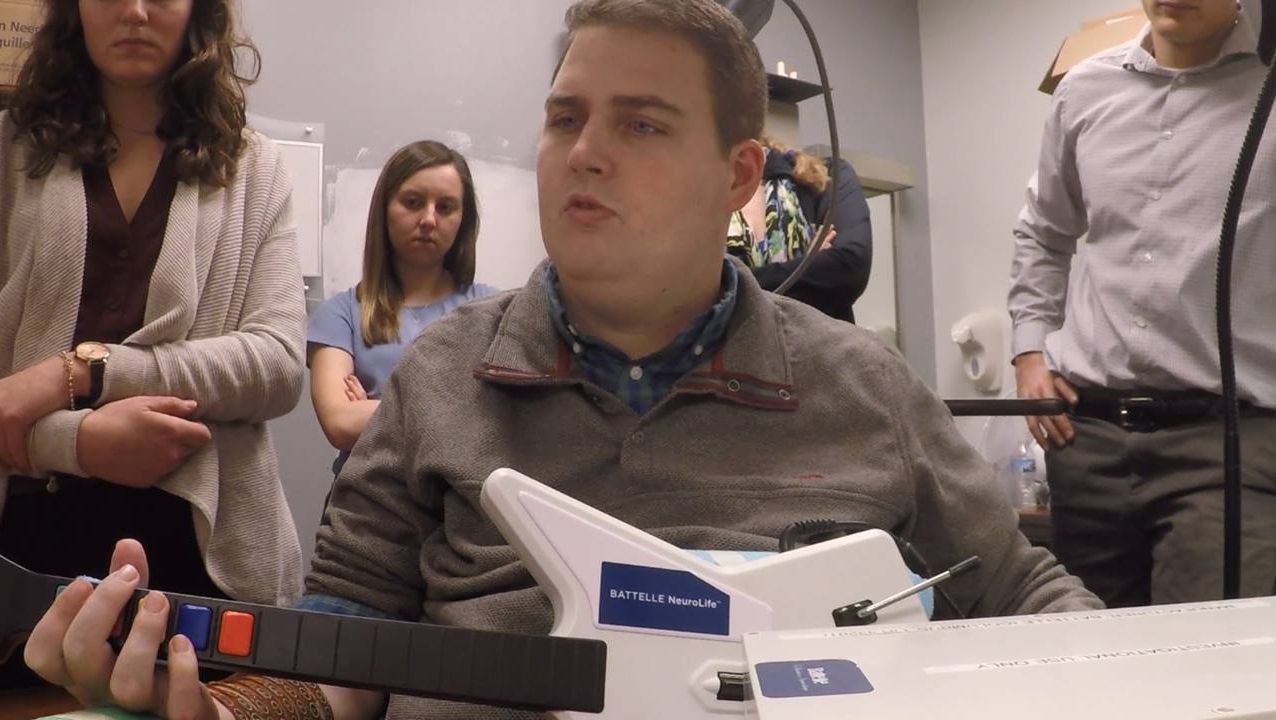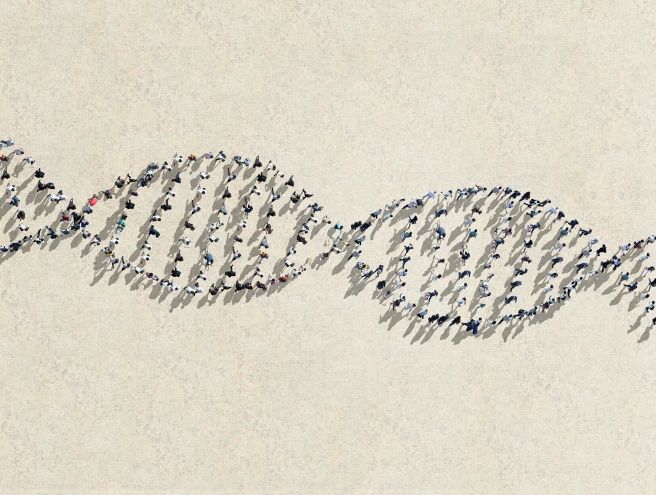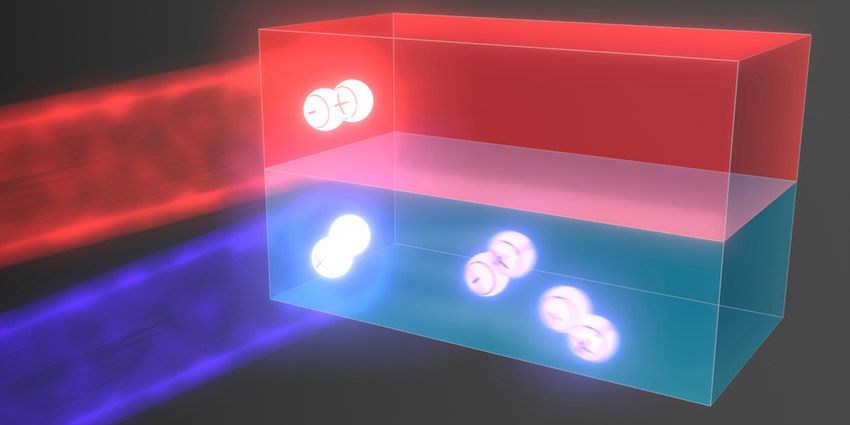The discomfort and stigma of loose or missing teeth could be a thing of the past as Griffith University researchers pioneer the use of 3D bioprinting to replace missing teeth and bone.
The three-year study, which has been granted a National Health and Medical Research Council Grant of $650,000, is being undertaken by periodontist Professor Saso Ivanovski from Griffith’s Menzies Health Institute Queensland.
As part of an Australian first, Professor Ivanovski and his team are using the latest 3D bioprinting to produce new, totally ‘bespoke,’ tissue engineered bone and gum that can be implanted into a patient’s jawbone.
